Cryochick: Preserving chicken reproductive materials
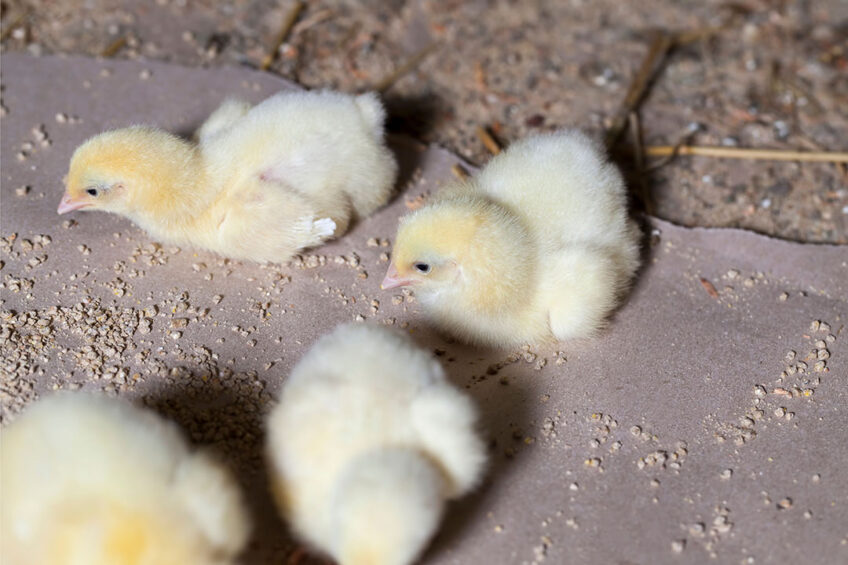
Alternative methods to preserve chicken reproductive materials are being tested by a team of academics from across Europe.
Their goal is to contribute to the development of a more adequate cryopreservation protocol for male and female germplasm and to analyse and design alternative approaches to optimise the strategy for functional poultry gene banking.
Impact of freezing
Freezing chicken sperm without damaging motility is difficult as it is sensitive to freezing, which can result in low fertility post-thawing.
In addition, glycerol is used as a cryoprotectant to help preserve chicken reproductive material during freezing, but it can also have a contraceptive effect, meaning it may affect the fertility of the sperm, while freezing chicken eggs and embryos is currently not possible.
New method for freezing
So, a new project called Cryochick, led by Dr Berenice Bernal-Juarez, is aiming to improve the preservation of chicken sperm and female reproductive material through inducing early formation of ice and using protein to prevent the growth of ice crystals.
DNA integrity
Effective chicken gene banking requires improving post-thaw survival and functionality of sperm cells and female germplasm. Cryochick looks for reducing loss of functional intactness of sperm cells and female gonadal germ cells related to ice formation and searches for adequate cryopreservation protocols that render sufficient post-thaw fertility.
Based at Wageningen University and Research, Cyrochick has partnered with the National Centre for Biodiversity and Gene Preservation of Hungary, the Scottish-based Roslin Institute, with collaborative support from Cobb Europe and the Eindhoven University of Technology.
Initial results from the 2-year project show that chicken sperm can be stored at -10C (when ice is not yet formed) without severe damage to their viability, motility and DNA integrity.
The next phase of research will focus on studying the effects of early ice formation and the proteins that prevent ice crystal growth.
The Poultry World Newsletter
Sign up for our newsletter and receive all our need-to-know content three times a week.
 Beheer
Beheer


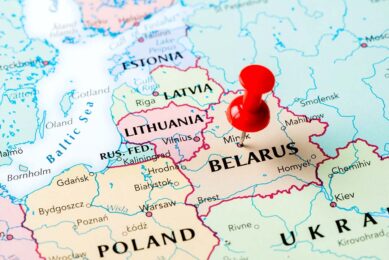
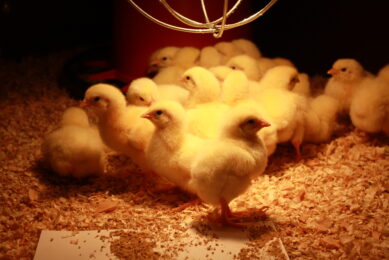
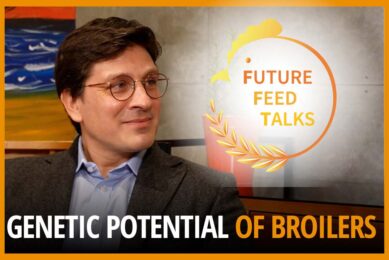
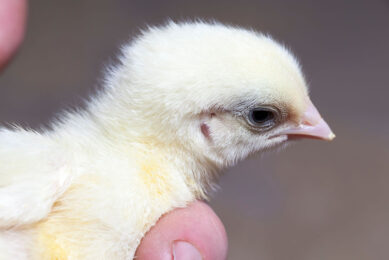





 WP Admin
WP Admin  Bewerk bericht
Bewerk bericht